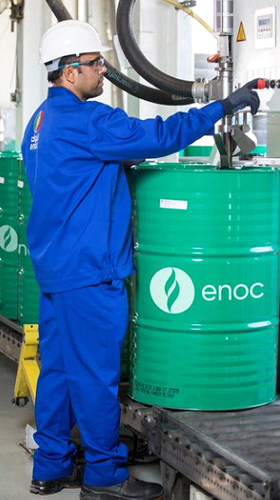
What To Look For When Investing In Lubricants
Investing in lubricants is a critical decision for industries and businesses that rely on machinery and equipment to function efficiently. The choice of lubricants can significantly impact the lifespan and performance of these assets. Here, we will discuss key factors to consider when investing in lubricants from a best lubricant supplier in Dubai to ensure the best possible outcomes for your operations.
Application-specific requirements:
The first step in selecting the right lubricant is to understand the specific requirements of your machinery. Different equipment may require different types of lubricants. Consider factors like load capacity, operating temperature, and environmental conditions when making your choice.
Quality and certification:
Ensure that the lubricants you invest in meet industry standards and certifications. Look for products that adhere to international quality standards and have the necessary approvals. Quality lubricants lead to less wear and tear, improved performance, and reduced maintenance costs.
Viscosity and lubrication properties:
The viscosity of the lubricant plays a crucial role in ensuring proper lubrication. It should match the operating conditions of your machinery. Thicker oils work well for heavy loads and high temperatures, while lighter oils are suitable for low-load, high-speed applications.
Environmental considerations:
Environmental responsibility is increasingly important in today’s world. Choose lubricants that align with your organization’s sustainability goals. Some lubricants are biodegradable and have a reduced environmental impact in case of leakage or spills.
Maintenance and oil analysis requirements:
Consider the ongoing maintenance and oil analysis requirements when investing in lubricants. Quality lubricants tend to have a longer service life, which means less frequent oil changes and lower maintenance costs. Regular oil analysis can help in monitoring lubricant health and identifying potential issues.
Compatibility and mixing:
Ensure that the lubricants you select are compatible with the existing lubrication systems in your machinery. Mixing incompatible lubricants can lead to performance issues and increased wear.
Supplier reputation:
Choose a reliable and reputable lubricant supplier. An established supplier is more likely to provide consistent quality and technical support. They can offer guidance on the best lubricants for your specific needs and assist with any issues that may arise.